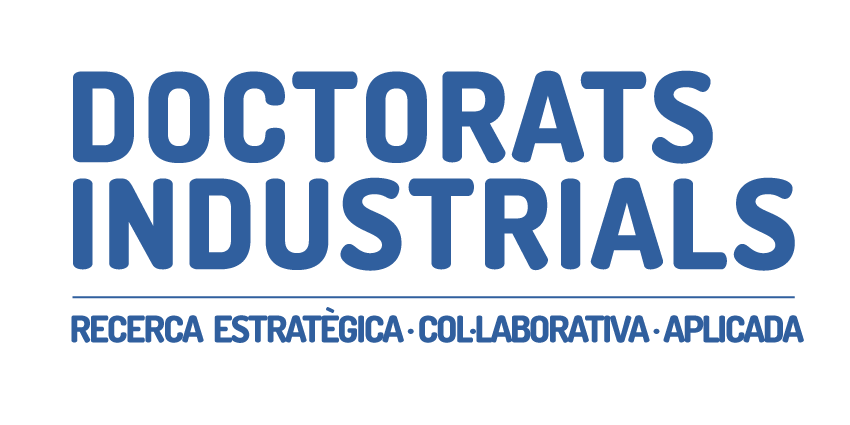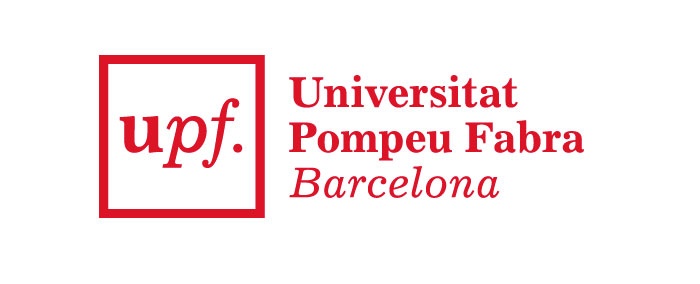Descripció del projecte
An artificial agent capable of processing language will be of no use for us if its communication output is not human-interpretable.
Recent research in multi-agent cooperation has shown that artificial agents are able to learn to play a simple referential game while developing a common lexicon. The protocol becomes grounded in the environment of the game, thus studying the emergent language is straightforward: Inspecting the mapping between symbols used by the agents and the concepts represented is a direct way to check whether the language created is linguistically meaningful. Motivated by the desire to identify the salient aspects of the environment that allow language to be more easily understandable by humans, we intend to study what features are most relevant to agents’ communication in such games. These features should reflect, among others, relevant perceptual dimensions such as colors, size and texture.
Form-to-meaning mapping in human language is known to evolve to be more and more structured. Additionally, speakers are sensitive to this non-random mapping, even when it’s probabilistic and not entirely compositional. It is not entirely clear, however, which factor(s) promote(s) systematicity and/or compositionality. Multi-agent, referential game experiments are a good test case in this respect, as we can easily manipulate aspects of the language (e.g., vocabulary size,utterance length) and of the referential world (e.g., object number and structure) and then assess how this affects the language developed by the agents. By controlling the features of the world used in the referential game and by adding constraints on the communication channel, we wish to better understand what are the key aspects of the framework that lead to the emergence of a language understandable by humans.
Evaluating an emergent language is non trivial. Consequently, a central part of the project will consist in developing new methods to measure important properties of the language, such as consistency and compositionality.
The project will be jointly coordinated by FAIR and UPF, that will provide complementary expertise in artificial intelligence and linguistic analysis.


